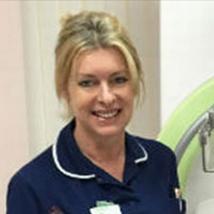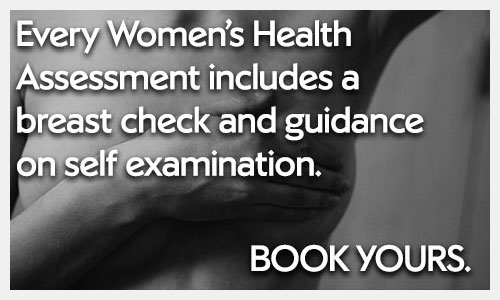4 reasons other than a lump to get a breast check
- Overview
- Full article
- Related articles
Over the years, looking and feeling for lumps becomes second nature for many women, but there are other signs you should be aware of. These issues are usually not cancerous, but they are all worth investigating. The golden rule is if you notice a change in your breasts, get it checked. Here are four other changes you shouldn’t ignore.
1. Inverted nipples
Inverted nipples can be an embarrassing change and one some hope will simply go away with time. There are many reasons why your nipple or nipples may have become inverted including pregnancy, damage from breastfeeding or surgery, age-related breast drooping, an infection or potentially breast cancer.
2. Breast discomfort
Tender and painful breasts are commonly linked to fluctuating hormone levels during a woman’s menstrual cycle. But your breasts can feel sore for other reasons including mastitis - swollen tissue related to breastfeeding; cancerous or non-cancerous lumps; or an abscess.
3. Changes in breast shape
It’s normal for breasts to change slightly over the course of a woman’s menstrual cycle, but when you notice something new or unusual, don’t ignore it. Breast shape and firmness can change around menopause or after a hysterectomy, and hidden lumps that are either benign or cancerous could alter the shape or appearance of your breasts. When considering the shape of your breasts you should be checking them in different positions such as leaning forward and raising your arms above your head. For best practice in examining your own breasts, read our Ultimate Guide to Checking your Breasts and check out our video below.
4. Nipple discharge
Experiencing discharge from your nipple is a fairly common breast concern and is usually harmless and easily treated. The most obvious explanation is that you’re pregnant or breastfeeding, but other reasons include duct papilloma, a harmless growth inside your breast duct; duct ectasia, a harmless age-related change in your breasts; or an abscess, a sometimes painful collection of pus usually caused by an infection.
Less common causes for a discharge include hormonal changes around puberty or menopause, and side-effects of the contraceptive pill or other medications. It’s more likely to be cancerous if the discharge includes blood and comes from only one nipple, but breast cancer is a rare cause.
These concerns usually won’t be a result of breast cancer but there is a risk so you should never ignore changes in your breasts. If you are worried, contact your GP or a breast specialist. Nuffield Health is home to a number of clinics including the One-Stop Breast Care Clinic in Woking.
Last updated Thursday 30 November 2017
First published on Friday 17 June 2016


